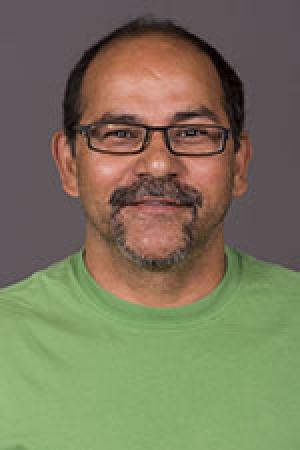Community-Based Participatory Research (CBPR)
research expertise in OLPD
Community-based participatory research (CBPR) is an action research approach involving collaboration among researchers and community members directly affected by an issue. CBPR is an essential part of our collaborative research within the community, blending academic expertise with community insights to drive meaningful change. See below for profiles of faculty and their CBPR-related research:
Faculty with expertise in this area
Heidi Barajas Heidi Barajas
- Associate Professor Emerita
- 612-625-4823
- hbarajas@umn.edu
Heidi Lasley Barajas is currently serving as the interim Associate Vice President for Public Engagement at the University of Minnesota and is an associate professor in the College of Education and Human Development.
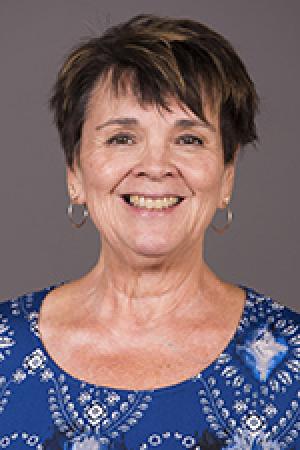
Nicole Dillard Nicole Dillard
- Assistant Professor
- she, her, hers
- 612-626-8971
- ndillard@umn.edu
My research examines the work and organizational experiences of individuals with marginalized identities, with a focus on mothering and the work-life experiences of women of color.
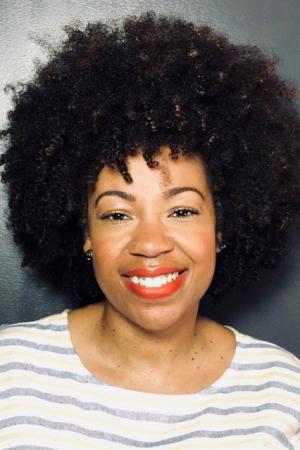
Rashné R. Jehangir Rashné R. Jehangir
- Professor; Robert Beck Chair of Ideas in Education; Founding Director, CEHD First Gen Institute
- 612-625-3551
- jehan001@umn.edu
My academic work is at the nexus of research and praxis shaped by my early career as a student affairs practitioner and advisor in federally funded TRIO programs.
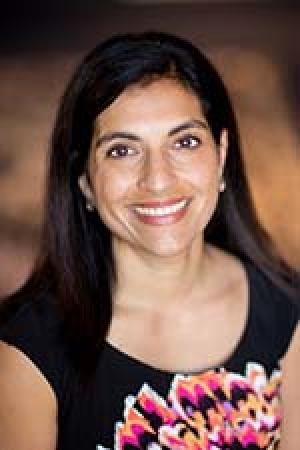
Walter Novillo Walter Novillo
- Lecturer
- 612-624-9719
- novi0007@umn.edu
My education background is in human resource development, business, public administration, and law.
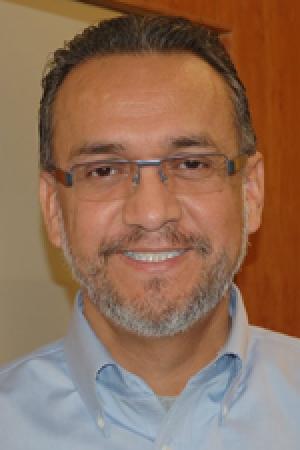
Roozbeh Shirazi Roozbeh Shirazi
- Associate Professor; Coordinator of Graduate Programs in Comparative and International Development Education
Roozbeh Shirazi is Associate Professor of and Coordinator of Graduate Programs in Comparative and International Development Education at the University of Minnesota-Twin Cities' Department of Organizational Leadership, Policy, and Development.
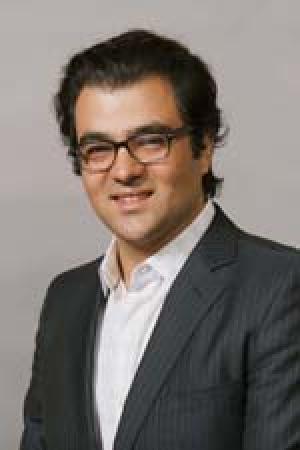
Elizabeth Sumida Huaman Elizabeth Sumida Huaman
- Professor
- eshuaman@umn.edu
Elizabeth Sumida Huaman is Professor of Comparative and International Development Education at University of Minnesota-Twin Cities' Department of Organizational Leadership, Policy, and Development.
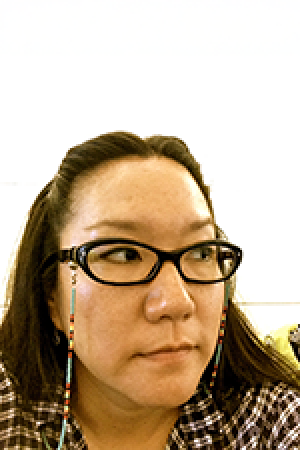
Gresham Donald Collom Gresham Donald Collom
- Assistant Professor
- he/him
- gcollom@umn.edu
Dr. Gresham D. Collom is an Assistant Professor of Higher Education in the University of Minnesota-Twin Cities' Department of Organizational Leadership, Policy, and Development.

Andrew Furco Andrew Furco
- Professor
- 612-625-5663
- afurco@umn.edu
My primary research and teaching interests focus on the measurement and assessment of experiential education, community-engaged learning, and community-engaged scholarship in fulfillment of the public purposes of education.

Aditi Rajendran Aditi Rajendran
- Assistant Professor
- araj@umn.edu
My research explores how leadership shifts policies and practices towards more racially just schools and systems.
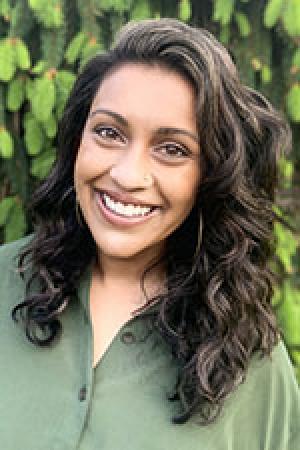
Nathaniel Stewart Nathaniel Stewart
- Assistant Professor; Carmen Starkson Campbell Endowed Fellow for Innovation in Teacher Development
- 612-625-3517
- stewart1@umn.edu
Nathaniel Stewart is an Assistant Professor in the Education Policy and Leadership Program at the University of Minnesota-Twin Cities' Department of Organizational Leadership, Policy, and Development.
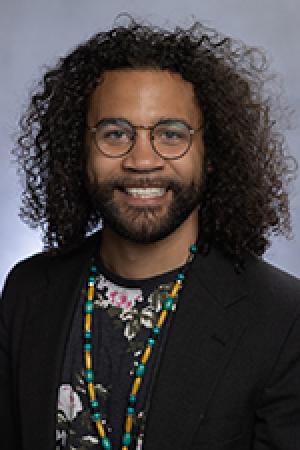
Bhaskar Upadhyay Bhaskar Upadhyay
- Professor; Director of Graduate Studies; Rodney Wallace Professor for the Advancement of Teaching and Learning
- he, him, his
- 612-625-3286
- bhaskar@umn.edu
Bhaskar Upadhyay is Director of Graduate Studies and Professor at the University of Minnesota-Twin Cities' Department of Organizational Leadership, Policy, and Development.
